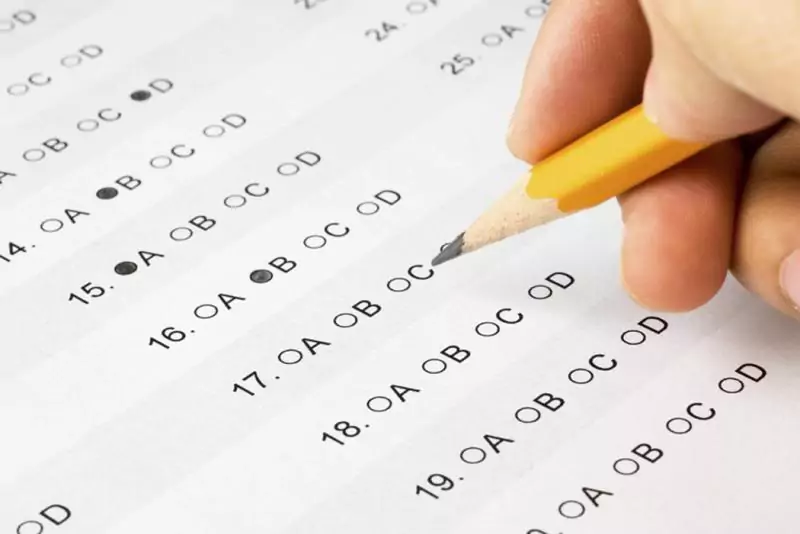The process will take place in 1,038 headquarters, which will receive students from 3,077 educational centers nationwide.
The National Tests, implemented for the first time in the 1991–1992 school year as part of an educational reform, have been one of the pillars of the academic evaluation system in the country for more than three decades. However, their validity and effectiveness have always been questioned and are at the center of the national debate. Designed by the Ministry of Education (MINERD) they are intended to certify the learning of basic and secondary (now secondary level) students, while offering an overview of the state of the Dominican education system, evaluating in the basic subjects Mathematics, Spanish Language, Social Sciences and Natural Sciences, seeking to guarantee a minimum common training. But despite its purpose, criticism has been increasing. Examples of this are that Manuel Hernández Villeta, in his opinion article entitled "The National Tests", published in 2022, suggests that "The National Tests have no reason to exist, because throughout the school year if they are carrying out exams and evaluations of the students, and if necessary then the final goal is reached".You can also read: First call for National Tests from June 24 to 27
Also, in 2024, the possibility of eliminating this process was evaluated and the Minister of Higher Education, Science and Technology, Franklin García Fermín, considered it positive that "the Minerd is internally evaluating its quality control instruments, such as the National Tests". Representatives of the Dominican Association of Teachers (ADP), Parents' and Mothers' associations, and civil society joined him.From the classroom to stress: the other side of the exam
This year MINERD summoned more than 114,000 students from all over the country to participate in the first call for the 2025 National Tests corresponding to the Secondary level, which will be applied from June 24 to 29.
For many students, these tests have become synonymous with anxiety. The multiple calls, some students take them up to four times, generate additional pressure in an educational system that already faces high levels of dropout and repetition. In forums and social media, there are many testimonies from young people who question the real usefulness of the evaluations. "They are easy if you memorize, but they don't reflect what you really learned during the year", "You just have to pay the juries to leave", "There are repeated questions from previous years," "It's not fair that an exam determines whether you pass or not, without taking into account your daily effort", are just some of the expressions of the students year after year. Effects of the pandemic: less demand, more doubts With the arrival of COVID-19, the National Tests were suspended, for the first time since their creation, in 2020-2021 and then resumed in a reduced format. The modification of the contents and the simplification of the exam generated new questions: "Are they still a useful tool for certifying knowledge?" The Ministry of Education maintains the National Tests system active and has enabled online consultation portals, statistical reports, and digital certification processes. However, the debate about its real usefulness remains open.Should the Dominican Republic keep this evidence, reform it, or eliminate it??
The answer is not straightforward. What is clear is that, after 33 years, a thorough review of the evaluation model and its link to inclusive, quality education with tangible social impact is urgent.Porque en un país donde la educación es clave para el desarrollo, los exámenes no pueden seguir siendo un trámite: deben convertirse en una herramienta real para el cambio.




 Spanish
Spanish








